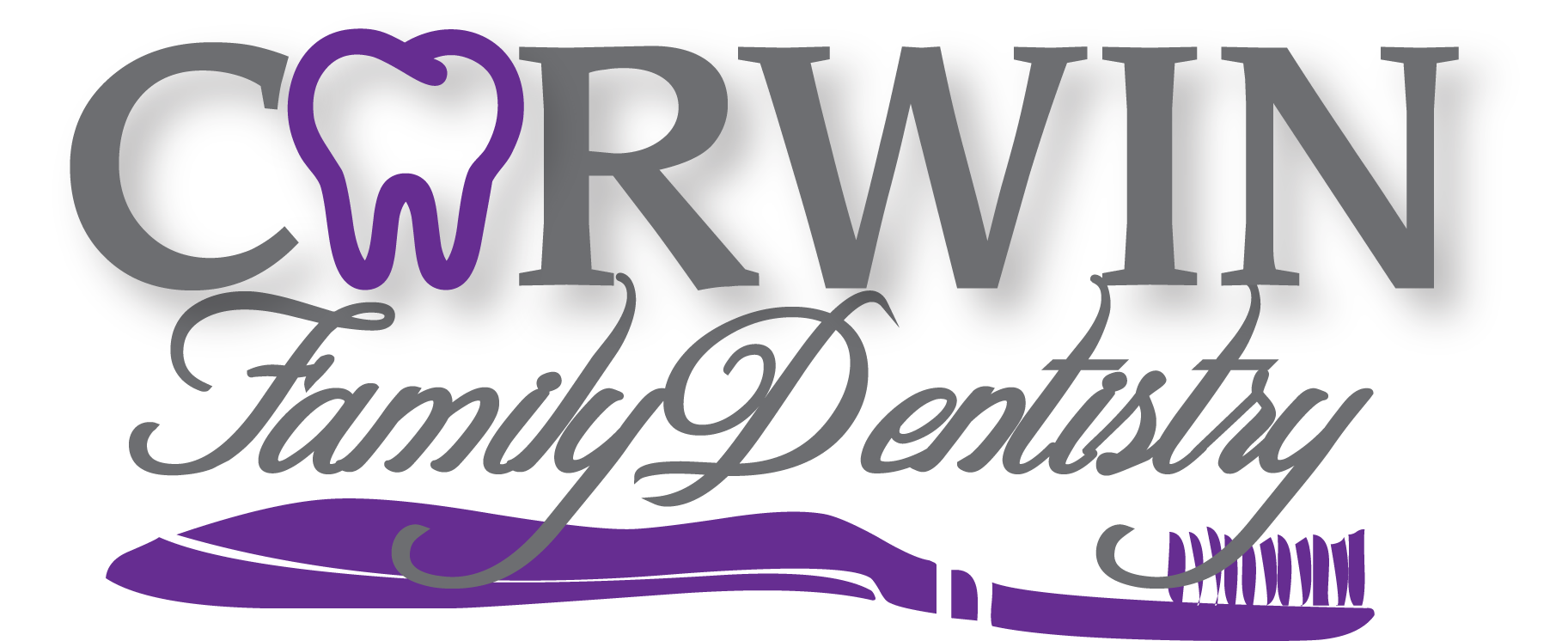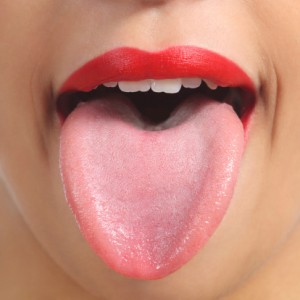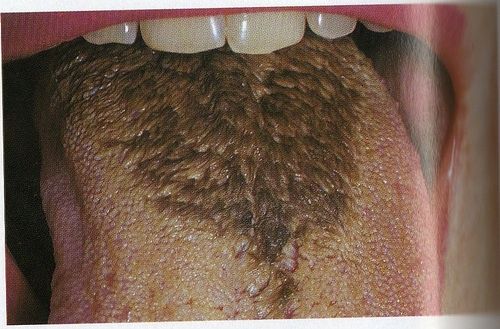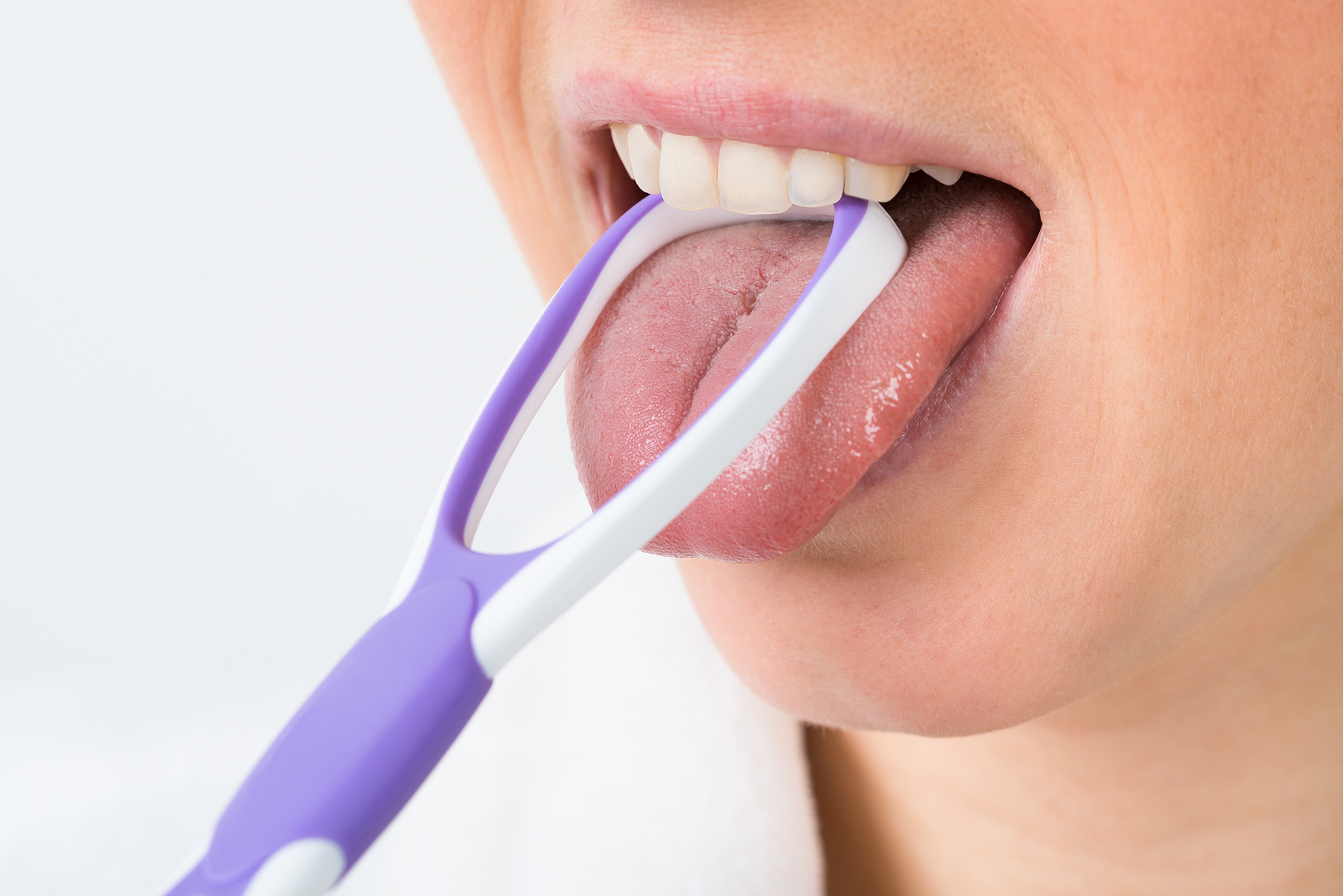No Shave November Does Not Apply to Your Tongue!
What Causes Black Hairy Tongue?
A black hairy tongue is caused by too much bacteria or yeast growth in the mouth. The bacteria build up on tiny rounded projections called papillae. These lie along the surface of the tongue. Instead of shedding as they normally do, the papillae start to grow and lengthen, creating hair-like projections. They can grow to 15 times their normal length.
Normally, the papillae are pinkish-white. But as they grow, pigments from food, drinks, and possibly the bacteria or yeast themselves get caught in the papillae, dyeing the tongue a color. Most often that color is black, hence the name. But the tongue can also turn brown, yellow, green, or a variety of other colors.
Certain lifestyle habits and conditions can make people more likely to develop black hairy tongue.
They include:
poor oral hygiene
smoking tobacco
drinking a lot of coffee or tea
using antibiotics (which may disrupt the normal balance of bacteria in the mouth)
being dehydrated
taking medications that contain the chemical bismuth (such as Pepto-Bismol for upset stomach)
not producing enough saliva
Black hairy tongue is more common in men, people who use intravenous drugs, and those who are HIV-positive.
How Is Black Hairy Tongue Treated?
Practicing good oral hygiene is the best way to treat black hairy tongue. Gently brush your teeth twice a day with a soft toothbrush. Also, brush your tongue. You can use a tongue scraper to make sure you're thoroughly cleaning the area. Drink plenty of water throughout the day to help keep your mouth clean.
eMedicine.com: "Hairy Tongue."
Korber, A, Dissemond, J. The New England Journal of Medicine, 2006; vol. 354: p. 67.
McGrath. E, Bardsley, P, Basran, G. CMAJ, 2008; vol. 178: pp. 1137-1138.



